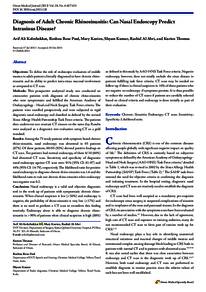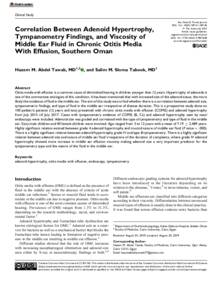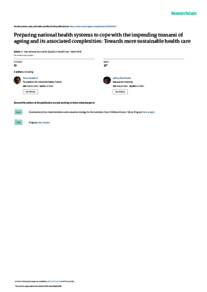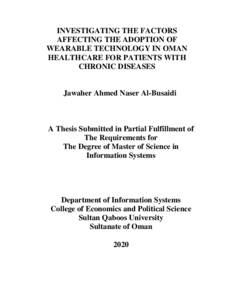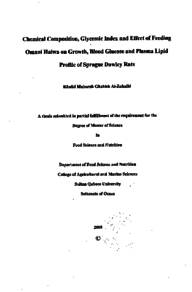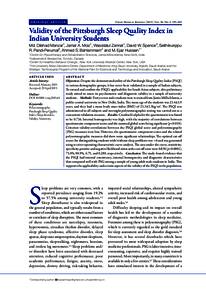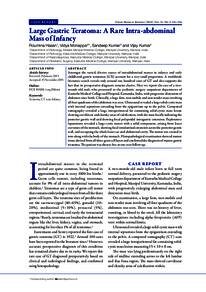Document
Diagnosis of adult chronic rhinosinusitis : can nasal endoscopy predict intrasinus disease?.
Identifier
DOI 10. 5001/omj.2013.120
Contributors
Publisher
Oman Medical Specialty Board.
Gregorian
2013-11
Language
English
English abstract
Objectives: To define the role of endoscopic evaluation of middle meatus in adult patients clinically diagnosed to have chronic rhino-sinusitis and its ability to predict intra-sinus mucosal involvement as compared to CT scan.
Methods: This prospective analytical study was conducted on consecutive patients with diagnosis of chronic rhino-sinusitis who were symptomatic and fulfilled the American Academy of Otolaryngology - Head and Neck Surgery Task Force criteria. The patients were enrolled prospectively and were subjected to rigid diagnostic nasal endoscopy and classified as defined by the revised Sinus Allergy Health Partnership Task Force criteria. The patients then underwent non contrast CT sinuses on the same day. Results were analyzed as a diagnostic test evaluation using CT as a gold standard.
Results: Among the 75 study patients with symptom based chronic rhino-sinusitis, nasal endoscopy was abnormal in 65 patients (87%). Of these patients, 60/65 (92%) showed positive findings on CT scan. Ten patients had normal endoscopy, of these 6/10 (60%) had abnormal CT scan. Sensitivity and specificity of diagnostic nasal endoscopy against CT scan were 91% (95% CI: 81-97) and 44% (95% CI: 14-79), respectively. The likelihood ratio for positive nasal endoscopy to diagnose chronic rhino-sinusitis was 1.6 and the likelihood ratio to rule out chronic rhino-sinusitis when endoscopy was negative was 0.2.
Conclusion: Nasal endoscopy is a valid and objective diagnostic tool in the work up of patients with symptomatic chronic rhino-sinusitis. When clinical suspicion is low (<50%) and endoscopy is negative, the probability of rhino-sinusitis is very low (<17%) and there is no need to perform a CT scan to reconfirm this finding routinely. Endoscopy alone is able to diagnose chronic rhino-sinusitis in >90% of patients when clinical suspicion is high (88%) as defined in this study by AAO-HNS Task Force criteria. Negative endoscopy, however, does not totally exclude the sinus disease in patients fulfilling task force criteria. CT scan may be needed on follow-up if there is clinical suspicion in 10% of these patients who are negative on endoscopy if symptoms persists. It is thus possible to reduce the number of CT scans if patients are carefully selected based on clinical criteria and endoscopy is done initially as part of their evaluation.
Member of
Resource URL
Citation
Kolethekkat, Arif, Paul, Roshna Rose, Kurien, Mary, Kumar, Shiyam, Al-Abri, Rashid, & Thomas, Kurien (2013). Diagnosis of adult chronic rhinosinusitis : can nasal endoscopy predict intrasinus disease?. Oman Medical Journal, 28 (6), 427-431.
Category
Journal articles

